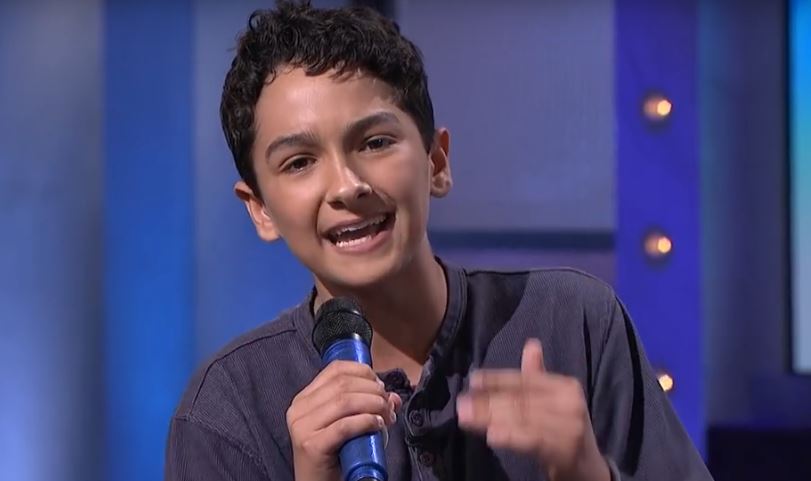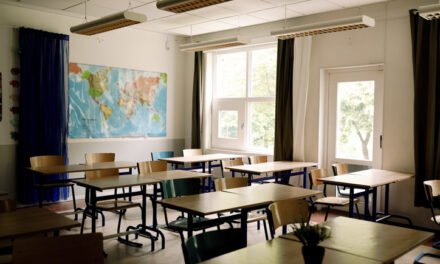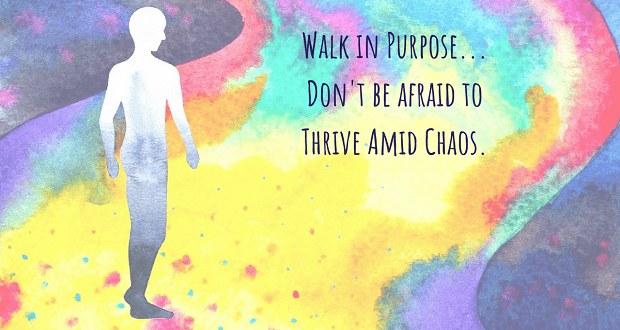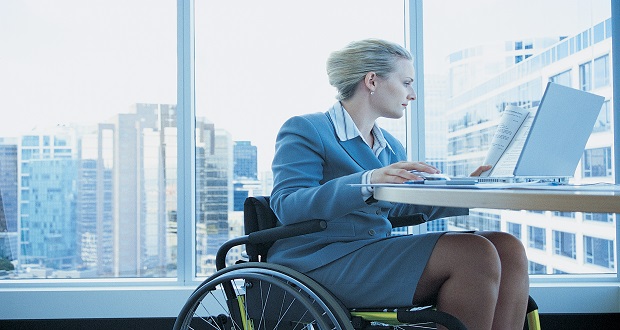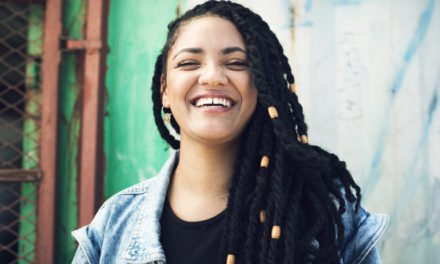
Over the past few weeks, I have been inspired by a young person by the name of Royce Mann. Mann’s poem “White Boy Privilege” recently went viral where he discussed the privilege he feels he was automatically granted for being born a white male. Typically, one does not expect a young white boy from a middle class background to understand, much less recognize that white male privilege exists. Mann did so in an open and honest way; even declaring “to be privileged is awesome.”
I love it because I don’t have to spend an hour every morning putting on makeup to meet other people’s standards.
I love it because I can worry about what kind of food is on my plate instead of whether or not there will be food on my plate.
I love it because when I see a police officer I see someone who’s on my side.
To be honest I’m scared of what it would be like if I wasn’t on the top rung if the tables were turned and I didn’t have my white boy privilege safety blankie to protect me.
What I found hopeful about this story is that Mann learned about the prevalence of white male privilege from a class that he took in middle school called “Race, Class and Gender.”
“We read a lot of articles about privilege, about white privilege, male privilege and other types of privilege and that made me a lot more aware of the privileges that I have and other people don’t have, just because of the color of their skin or gender and other uncontrollable attributes that have nothing to do with someone’s personality or their character.”
After reading about Mann’s story and listening to his poem, I started thinking how different this world would be if everyone took classes that focused on diversity and inclusion early in life. Many of our biases and judgments are formed at very young ages. Imagine challenging those ideas as, or even before they are formed. Equipping children with the skills to talk about different identities (race, gender, gender identity, sexual orientation, class, ability, religion, age) in a constructive manner, I believe, would have an overwhelmingly positive impact on society.
Mann explains that change starts in our education system and that people must do their part to make a difference. In his everyday life, Mann brigs about change simply by speaking up and pointing out instances of discrimination; and then is open to having dialogue about it. Sounds pretty simple, right? A fourteen year old gets what many of us struggle with. Mann understands that the reason for his millions of YouTube views stems from his privilege as a white male and people not expecting this to come from someone with his background. But how different would this world be if more people from dominant groups had the courage (and skillset) to call out situations of inequity?
Many children grow up in neighborhoods where people look like them, are from similar economic backgrounds, etc. The first time they are around people from different backgrounds often times happens after high school. Having been silenced their whole lives around issues of diversity leaves many unsure and uncomfortable addressing these topics. I like to think that the majority of people are not innately discriminatory; and that a lack of awareness and understanding is what keeps them silenced. By making conversations and education around difference commonplace early in life, we could help to eliminate much of the fear that arises around these issues.
Mann’s honesty and openness are much needed in today’s society. Honesty to acknowledge that inequality around race, gender, and class exists; and openness to discuss these issues in a transparent way. We cannot create change if we remain silenced. As a D&I practitioner, I am often tasked with pointing out situations of inequity and practicing ‘use of self’ in order to bring about positive change. Mann has demonstrated how one can consciously choose to enlighten and educate others around sensitive issues; and I am inspired and believe that others will do their part (no matter how small) to make a positive difference in this world.

